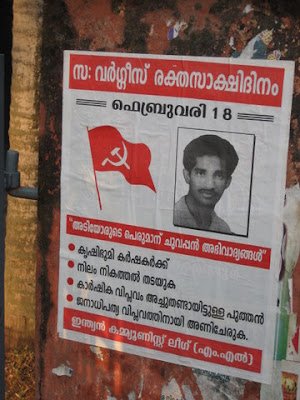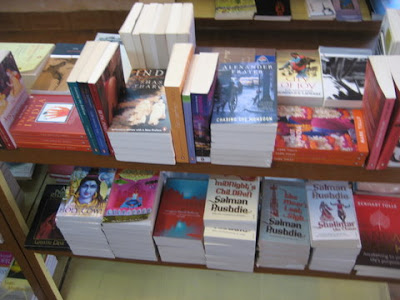

- Dubai is often described as the fastest growing city in the world. To get a sense of this, compare the the same pictures of Sheikh Zaheed road - the main drag, now in places a 14 lane highway - in 1991 and 2005. Note the 4 buildings in both pictures.

- The city must surely also be the largest construction project in the history of man, with daunting levels of building work ongoing. A commonly quoted statistic: "about 30000, or 24 per cent of the world's 125000 construction cranes, are currently operating in Dubai."
- More than 90% of the UAE are ex-pats. Of these, by far the largest group are British. There are roughly 100,000 Brits in Dubai, in a population of around 1.5m.
- By 2010 the population will have grown to 2m.
- Oil and oil services made up 7% of Dubai’s GDP in 2003. By 2010 this will make up around 1%.

- Dubai is currently building 4 giant reclaimed island archipelagos: 3 "palms", and 1 “world”. The first and smallest palm is close to completion. The picture above shows it, from the top of the Burj Hotel (click on it for more detail.) The second, the Palm Jebel Ali, will begin construction next year. This palm, unlike the first, will include a series of man made islands in the shape of Arabic letters. When completed they will form a giant poem, written by Shaikh Mohammad. The poem reads
Take wisdom from the wise
It takes a man of vision to write on water
Not everyone who rides a horse is a jockey
Great men rise to greater challenges.”
[cf - a hi res pic of the
second palm, poem and all]













